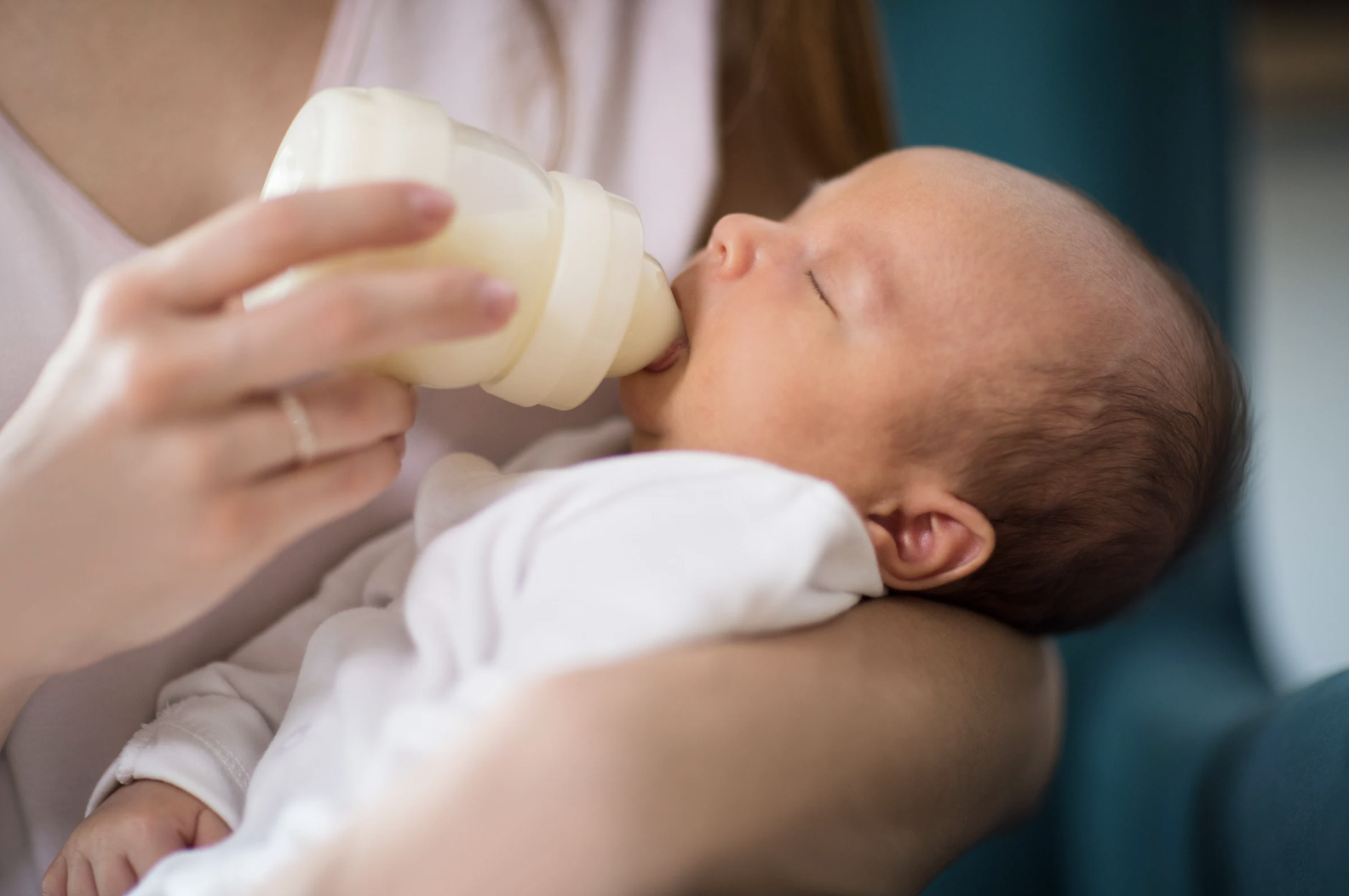Carole Falletta, MS, MA, PMHNP-BC, FNP-BC, RNC-EFM, IBCLC, LCCE Carole is a nurse practitioner with over 30 years of experience in nursing, specializing in women's health, newborn care, and reproductive and postpartum mental health. Actively practicing in healthcare, she supports women and families during the perinatal journey through compassionate, evidence-based care. A dual board-certified nurse practitioner in psychiatric and family health, Carole is also an International Board-Certified Lactation Consultant (IBCLC) and Lamaze Certified Childbirth Educator, combining her clinical expertise and passion for education to empower mothers and babies.
Let’s be real: bringing a baby into the world is beautiful—but also exhausting in ways no one really talks about. If you’re a few weeks (or even months) postpartum and still feel completely drained, you might be thinking:
“Wait, shouldn’t I have more energy by now?”
Totally valid question. And the short answer? Yes—this kind of tired is completely normal. But there’s more to it than just losing sleep.
So Why Am I STILL This Tired?
Postpartum isn’t just about diapers and feeding schedules. It’s a full-body reboot. Your hormones are shifting, your body’s healing, and your brain is adjusting to this entirely new world of motherhood.
Here’s what might be making you feel so run-down:
1. Hormones Are All Over the Place
Right after birth, your estrogen and progesterone levels drop fast—and that crash can leave you feeling foggy, emotional, and bone-deep tired.
2. You’re Not Sleeping (Shocker)
Even with help, feeding a newborn every few hours? That adds up fast. Interrupted sleep messes with your body, your mood, and your ability to feel “human.”
3. Your Body’s Running on Empty
Pregnancy, birth, and breastfeeding all take a huge toll on your nutrient stores—especially iron, B12, and vitamin D. If your levels are low, your energy will be too.
4. Breastfeeding Burns Calories
Nursing burns an extra 300–500 calories a day. That’s like running a 5K daily—on very little sleep. No wonder you’re exhausted.
5. The Mental Load is Real
Even if your baby is chill, your brain is not. You’re tracking feeding times, healing your body, wondering if you’re doing everything right… It’s a lot.
But How Do I Know If This Tired Is “Normal”?
Feeling tired? Yes.
Feeling completely wiped out, every day, even after resting? That might be something else.
Talk to your provider if:
- Your fatigue feels extreme or just isn’t improving
- You had heavy blood loss (you might be anemic)
- You feel foggy, sad, or disconnected for more than a couple of weeks
- You’re having trouble getting through the day or caring for your baby
You could be dealing with postpartum anemia, thyroid issues, or postpartum depression—all of which are treatable. You deserve to feel better.
Small Shifts That Can Help Right Now
You don’t need a miracle, you need a little care—starting with yourself.
Say yes to help. Let someone else hold the baby while you nap or eat a real meal.
Eat more, not less. Nourishing foods = more energy.
Hydrate. Especially if you’re breastfeeding.
Power nap. Even 20 minutes makes a difference.
Ask about bloodwork. Check your iron, thyroid, and B12.
Your Body’s Still Doing Big Things
You’re not just tired—you’re healing. Growing a baby, birthing a baby, and now keeping a tiny human alive? That’s a full-time, overtime, all-consuming job.
Give yourself permission to rest. To not have it all together. To lean on others. And to check in with your provider if something doesn’t feel right.
This tired won’t last forever—but it’s okay if it’s lasting longer than you expected.
You Deserve to Feel Like Yourself Again
You’re not lazy. You’re not doing it wrong.
You’re recovering—from something truly incredible.
And yes, you deserve support for that.

Carole Falletta, MS, MA, PMHNP-BC, FNP-BC, RNC-EFM, IBCLC, LCCE Carole is a nurse practitioner with over 30 years of experience in nursing, specializing in women's health, newborn care, and reproductive and postpartum mental health. Actively practicing in healthcare, she supports women and families during the perinatal journey through compassionate, evidence-based care. A dual board-certified nurse practitioner in psychiatric and family health, Carole is also an International Board-Certified Lactation Consultant (IBCLC) and Lamaze Certified Childbirth Educator, combining her clinical expertise and passion for education to empower mothers and babies.




